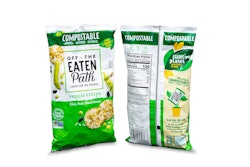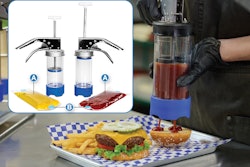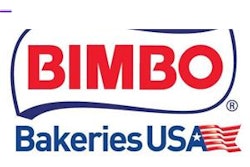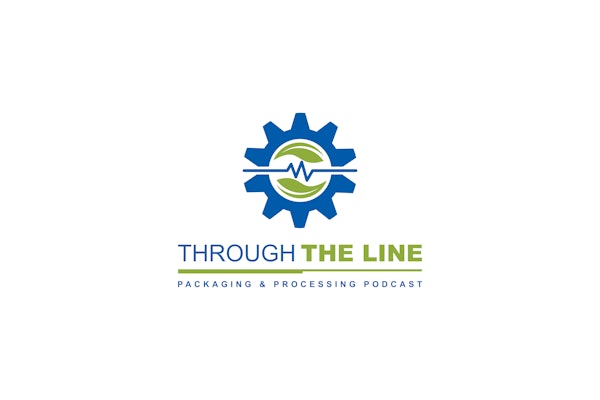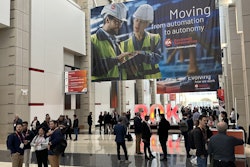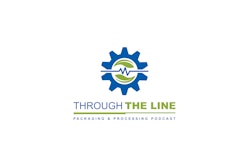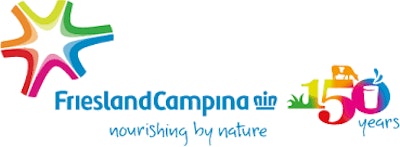
Together with its member dairy farmers, FrieslandCampina, is working to attain a 33% reduction in greenhouse gas emissions on its farms by 2030. To this end, the dairy cooperative is working on various solutions, such as generating sustainable energy on its farms, using guaranteed deforestation-free soy in cattle feed, and a project reducing cow methane emission using the new feed additive Bovaer.
Previous tests with the additive at the dairy campus in Leeuwarden, the Netherlands, showed an average reduction in methane in enteric emissions per kilogram of milk of 30%, which led to a reduction of approximately 10% in CO2 footprint.
During the pilot in the second half of this year, 200 participating FrieslandCampina dairy farms in the Netherlands will feed Bovaer to their cattle for six months. It will be added to the feed by feed supplier Agrifirm, an agricultural cooperative. If the results are positive, FrieslandCampina will upscale the use of the additive next year. The EU approved the additive’s use this February.
 | Food Makers Continue to Make Sustainability a Priority |
Hein Schumacher, CEO of Royal FrieslandCampina, says, “Our ultimate goal is for all of our dairy products to be climate neutral. Though we can’t achieve this overnight, we’re working toward it. In addition to solutions like switching to green energy—preferably generated by our members—reducing the greenhouse gas emissions of our cows is one of the routes towards reaching our climate goal. This requires innovation, and now Bovaer, a truly innovative feed additive from DSM that significantly reduces cows’ methane emissions, is part of the solution. We know that our members are always open to innovation and improvements in our sustainability performance, and with this pilot, we will be the first dairy company in Europe to gain valuable practical experience with Bovaer.”

